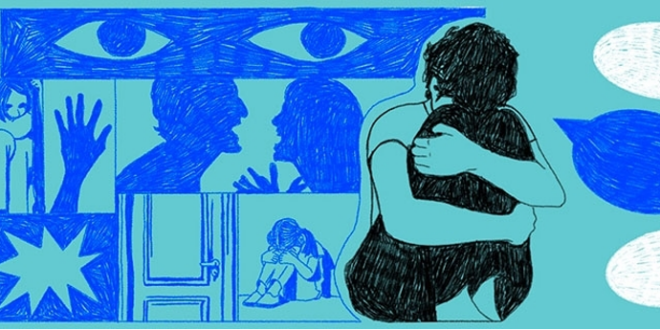Prolonged exposure (PE) is an effective treatment for posttraumatic stress disorder (PTSD). Many patients with PTSD also have other diagnoses. We investigated whether PE for PTSD also affects depressive, anxiety, obsessive compulsive, substance abuse, psychotic, eating and personality disorders. Participants were 149 patients with PTSD related to childhood abuse. These patients were treated with one of three variants of exposure-based treatment: PE in regular or intensified format or PE preceded by skills training. We found large effects on PTSD and substantial effects on depression, anxiety, substance use and personality disorders. The effects were maintained over a year. No effects were observed for obsessive-compulsive, psychotic and eating disorders, however, their prevalence in this sample may have been too low to detect any effects. We conclude that treatment focused on PTSD also has positive effects on several common accompanying problems, This implies that treating PTSD may have broader effects.
Read the full paper here: Hoeboer, C. M., Kullberg, M. L. J., Oprel, D. A. C., Schoorl, M., van Minnen, A., Antypa, N., … van der Does, W. (2024). Impact of three variants of prolonged exposure therapy on comorbid diagnoses in patients with childhood abuse-related PTSD. Cognitive Behaviour Therapy, 53(4), 377–393. https://doi.org/10.1080/16506073.2024.2318729
Featured photo: Michelle Janssen
 Cognitive Behaviour Therapy A peer reviewed, multidisciplinary journal devoted to the application of behavioural and cognitive sciences to clinical psychology and psychotherapy.
Cognitive Behaviour Therapy A peer reviewed, multidisciplinary journal devoted to the application of behavioural and cognitive sciences to clinical psychology and psychotherapy.




